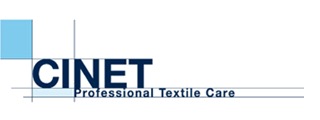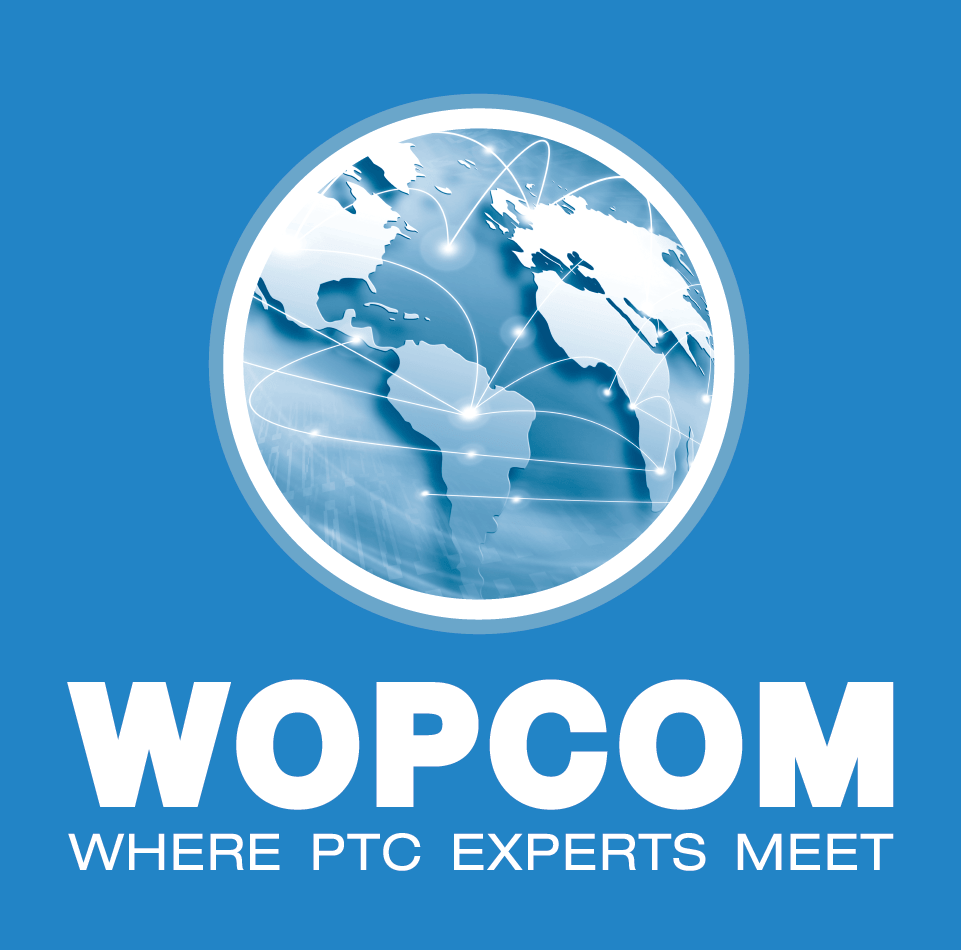(TS) Technical
SOLVETEX IV: Quality evaluation of practical wet cleaning systems
The goal of the Solvetex projects is to provide reference documentation for the textile cleaning industry. In Solvetex IV the cleaning performance of wet cleaning systems are evaluated under practical conditions. This means that the experiments are performed in operational dry cleaning shops, giving an indication of the overall performance of wet cleaning. TKT…
Read MoreThermal power generation
The direct use of sunlight occurs in agriculture (photosynthesis) with an efficiency of 1%; flat plate collectors, such as photovoltaic solar panels (PV), with an efficiency of 15%; solar collectors for hot water with an efficiency of 50%; by concentration mirrors in Concentrating Solar Power (CSP) plants with an efficiency of 20%; and mirror systems…
Read MoreNew and renewable resources: Thermal power generation & solar sells on textiles
The rapid developments in the field of solar cell technology have made photovoltaic (PV) energy an important factor in achieving sustainability objectives. Solar cell technology not only offers new opportunities for businesses, but policy ambitions and action plans have also led to obligations laid down in the new regulations, such as emission reductions in production…
Read MoreDevelopments and future aspects of traditional energy sources
The worldwide electricity market is continuously changing. Former resources are subject to depletion, although the predictions about the moment of depletion differ from time to time and from person to person. Together with the rise of renewable and sustainable energy, the offer of electricity is hard to predict and the source of electricity is even…
Read MoreEnergy efficient steam usage for professional laundries
Steam is widely used in the laundry processes. More efficiency steps are taken to improve the usage of steam and reduce energy consumption. This is one way of meeting this challenge. The advantage is that the current manner of laundry processing can remain. Only some adaptions are needed to improve the energy efficiency. The disadvantage…
Read MoreEnzymatic wash processes for professional textile care
Enzymes in the cleaning process Enzymes are organic molecules that act as natural catalysts, causing chemical reactions to occur faster. Enzymes themselves are not alive, but they are utilized by all living organisms to facilitate their metabolisms; hence, they are fully biodegradable. In laundry applications, enzymes break down soil and dirt on textiles into smaller and…
Read MoreLow temperature washing programs, the Ecolab concept
As a provider of complete, sustainable solutions for commercial and industrial laundries, Ecolab is primarily interested in working together with customers to develop forward-looking concepts that will help them move toward the future and make economically responsible decisions. Ecolab has consistently succeeded in creating trailblazing innovations that make the world a healthier, cleaner, and safer…
Read MoreCool’ innovations; the Christeyns concept
“Cool Chemistry” concept Although industrial laundries clearly aim at reducing their energy and water consumption, they do not want to make compromises on processing efficiency or cleaning results. By offering the right chemistry, Christeyns helps them to achieve this goal. According to the Sinner circle rule, reducing water and energy consumption should result in the…
Read MoreBanding – opportunities for the textile care industry
Textile services have entered a new era, where customer-specific solutions, personal branding, and environment-friendly concepts play an important role. For instance, more hotels are adopting customer-oriented approaches by offering bed linens with personalized bands around them. Care institutions and hospitals are also offering care-plus packages in the form of care hotels and luxury revalidation centres.…
Read More
